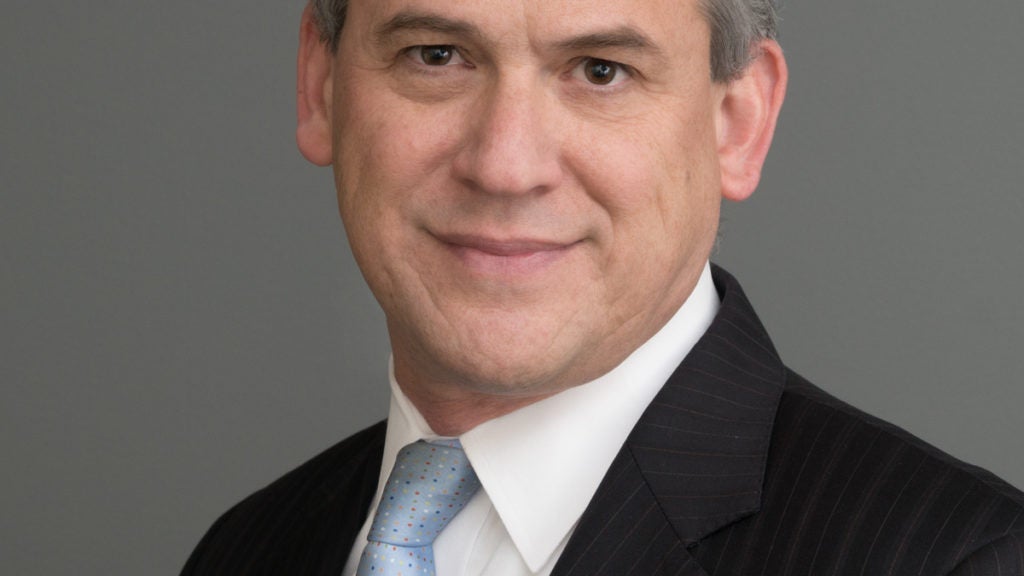U.S.-Gulf Relations Explored at Georgetown Lecture

Ambassador Daniel Benjamin offered some insight into recent shifts in U.S. policy towards the Gulf region at a recent talk at Georgetown University in Qatar (GU-Q). The lecture, titled ‘U.S.-GCC Relations in an Era of Disruption’, was held at GU-Q’s Education City campus on Wednesday, February 7.
Benjamin is director of the John Sloan Dickey Center for International Understanding at Dartmouth College and previously served as ambassador-at-large and coordinator for counterterrorism at the U.S. State Department. In this role, he was the principal counterterrorism advisor to then Secretary of State Hillary Clinton.
The talk focused on the changing nature of the United States’ involvement in the Gulf, including its engagements with disputes between nations and its stance towards regional powers. It also explored how Gulf countries can strengthen their voice in U.S. deliberations, even as the nation moves to decrease its reliance on foreign energy imports.
“In the wake of recent developments in the Gulf, many questions are being asked about the United States’ approach to and involvements in the region,” said GU-Q Professor Rogaia Abusharaf. “It was great to hear Ambassador Benjamin share his expertise and insight with our community.”
Benjamin has written extensively on terrorism, U.S. foreign policy, and international affairs. Prior to his role at the State Department, he held various positions including as a senior fellow in foreign policy studies and director of the Center on the United States and Europe at the Brookings Institution, a speechwriter for President Bill Clinton, and a foreign correspondent for TIME magazine and the Wall Street Journal. He is the co-author of the award-winning books The Age of Sacred Terror (2002) and The Next Attack: The Failure of the War on Terror and a Strategy for Getting it Right (2005), among others.